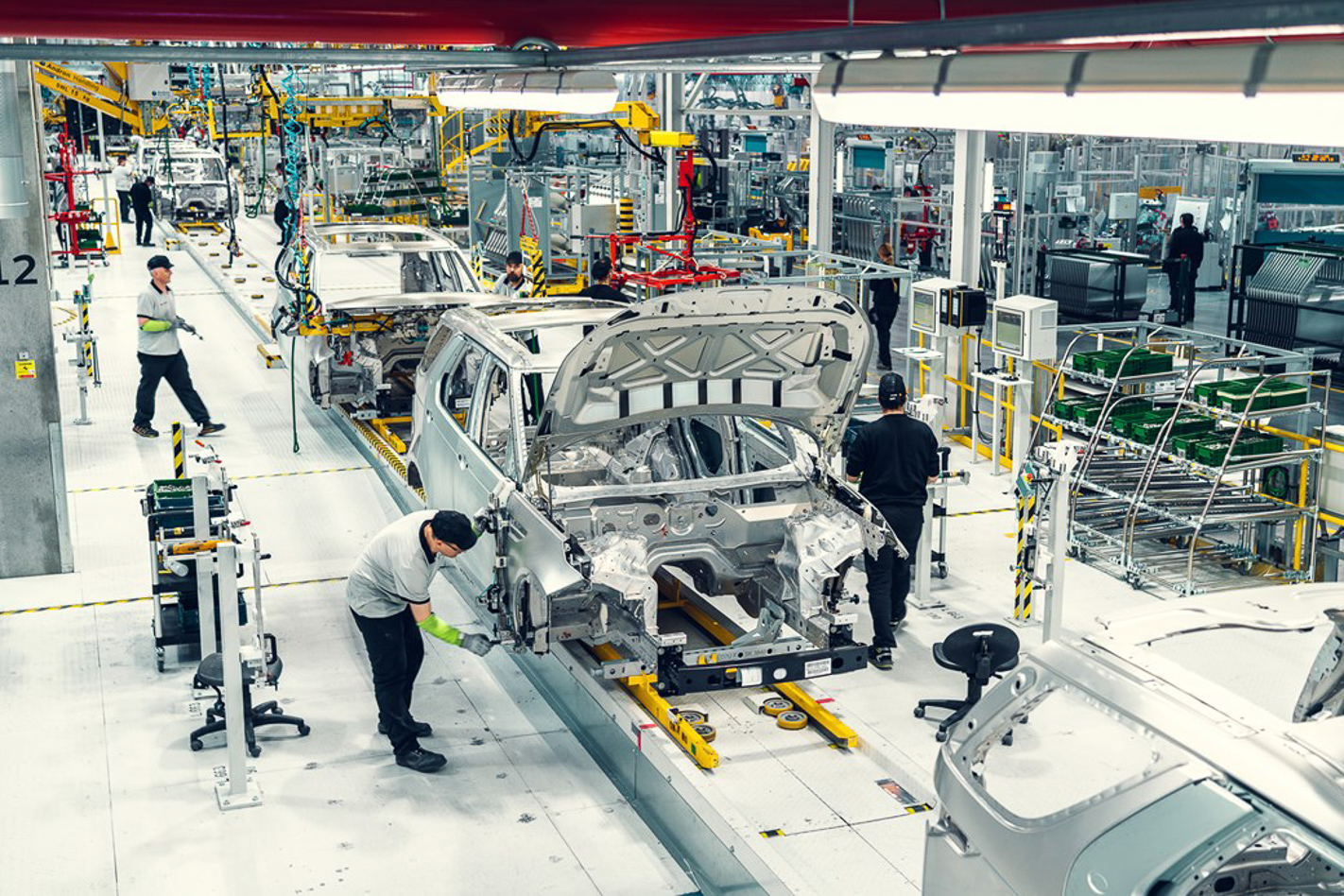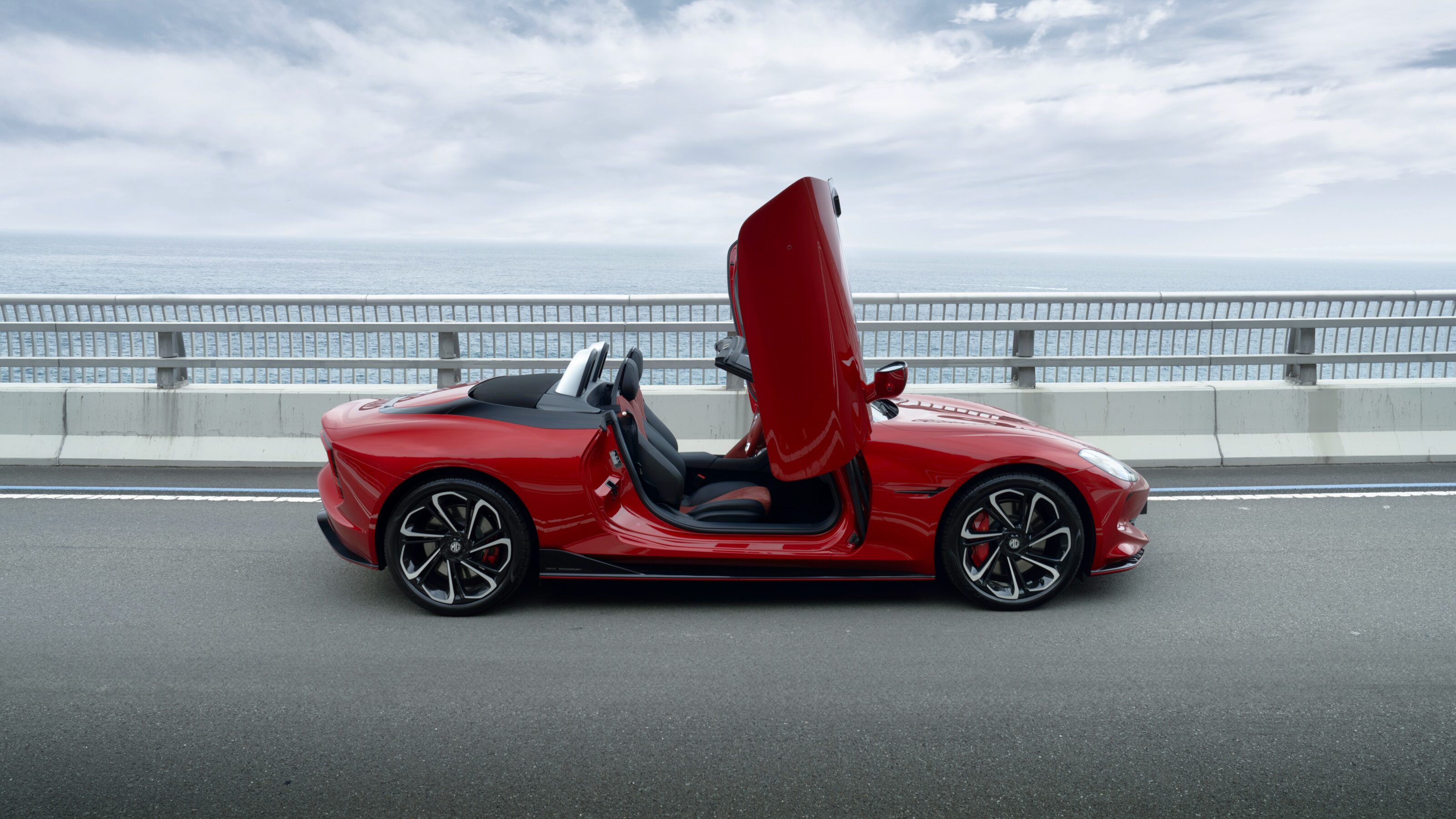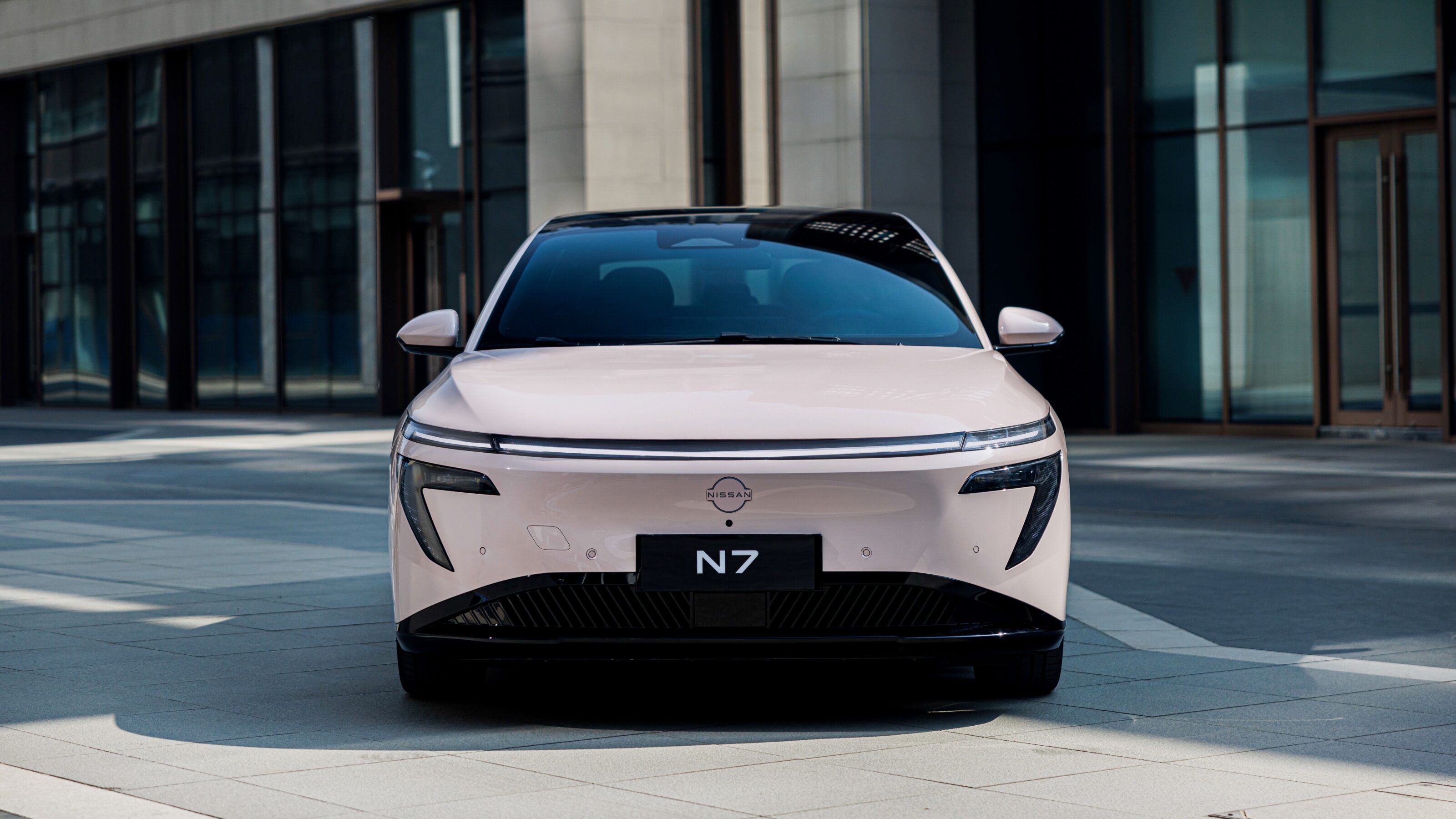
After avoiding the global semiconductor chip shortage for more than a year, Hyundai may be about to face disruptions.
An “urgent notice” posted on Hyundai’s intranet in South Korea and leaked to local publication ET News suggests the company may face production delays starting from tomorrow.
It’s understood defective semiconductors used in satellite navigation systems are to blame, with the carmaker expecting new-car output to be impacted from January 26.
However, a translated statement issued to the Korean newspaper from Hyundai dismissed any production delay.
“Although the supply and demand for semiconductors is a serious situation, production is not being delayed due to a single semiconductor supply problem for a specific part. Overall, supply and demand for semiconductors and production are very tight.”
A spokesperson for Hyundai Australia told Wheels the local arm was unaware of any delays relating to vehicles with navigation.

The leaked internal notice blames “mass defects” related to semiconductors used in the microcontroller unit for audio, video, and navigation.
French-Italian company ST Microelectronics is named as being responsible for supplying the faulty chips, but refused to confirm the allegations.
Despite almost every other major car manufacturer dealing with headaches related to the global semiconductor shortage, Hyundai has weathered the storm, being one of the few that continued to order the computer chips, despite industry-wide issues from the pandemic.
“Like other automakers, Hyundai also planned to cut production at the beginning of the year because of COVID-19,” one insider with ties to Hyundai’s purchasing told Reuters in February 2021.
“But procurement read the trend of the semiconductor industry cutting auto chips production and said, ‘if we don’t buy them as well, we’ll be in trouble later on.’”

According to the latest report, Hyundai currently has 34,000 Tucson SUVs on order – with no delivery schedule able to be confirmed – along with 44,000 units ordered of the all-electric Ioniq 5, with delivery times of up to 12 months being quoted.
Both chip makers and car companies are warning the semiconductor shortage will continue into 2023, even with billions being invested in new production facilities across the globe.
We recommend
-
 News
NewsBillions being invested, but industry says chip shortage to last into 2023
Semiconductor chip companies are investing billions in new factories, but it will be another year of supply constraints
-
 News
NewsHyundai unaffected by semiconductor shortage
Chip makers switch allegiances to consumer electronics manufacturers, leaving car makers in the lurch
-
 News
NewsSemi-conductor shortage: how did we get here?
The global semi-conductor shortage has cost carmakers more than AU$140 billion, and more supply pain is predicted. Here's why, and what happens next




